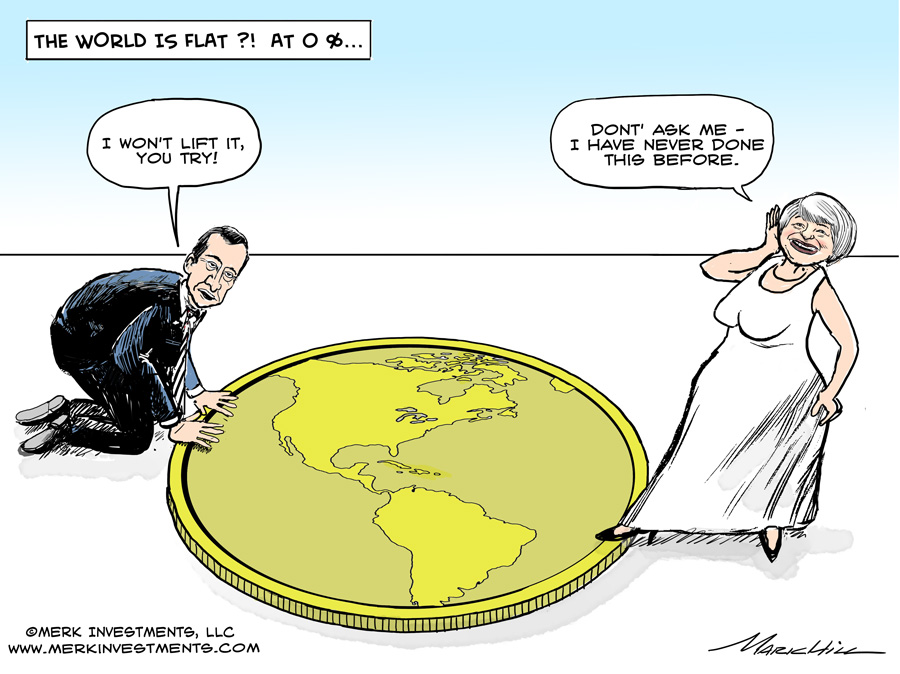We call on central banks to abolish their zero interest rate policy (ZIRP) framework before more harm is done. In our assessment, ZIRP is bad for all stakeholders and may even lead to war.

ZIRP: Bad for Business?
At first blush, it may appear great for business to have access to cheap financing. But what may be good for any one business is not necessarily good for the economy. When interest rates are artificially depressed, it can subsidize struggling enterprises that might otherwise be driven out of business. As a result, productive capital can be locked into zombie enterprises. If ailing businesses were allowed to fail, those laid off would need to look for new jobs at firms that have a better chance of succeeding. As such, the core tenant of capitalism: creative destruction, may be undermined through ZIRP. In our assessment, the result is that an economy grows at substantially below its potential.
ZIRP: Bad for Investors?
Investors may have enjoyed the rush of rising asset prices as a result of ZIRP. However, this may well have been a Faustian bargain as the Federal Reserve (Fed) and other central banks have masked, but not eliminated, the risks that come with investing. Complacency has been rampant, as asset prices rose on the backdrop of low volatility. When volatility is low (more broadly speaking, we refer to “compressed risk premia”), rational investors tend to allocate more money to historically risky assets. While that may be exactly what central banks want – at least for the real economy – investors may bail out when volatility spikes, as they realize they didn’t sign up for this (“I didn’t know the markets were risky!”).
We believe that until early August this year, investors generally “bought the dips” out of concern of missing out on rallies. Now, they may be “selling the rallies” as they scramble to preserve their paper gains. This process is driven by the Fed’s desire to pursue an “exit.” For more details on this, please see our recent Merk Insight “Lowdown on Rate Hikes.”
But it’s not just bad because asset prices might crumble again after their meteoric rise; it’s bad because, in our analysis, ZIRP has driven fundamental analysts to the sideline. For anecdotal evidence, look no further than the decision by Barron’s Magazine to kick Fred Hickey (who may well be one of the best analysts of our era) out of the Barron’s Roundtable. Instead, money looks to be flocking towards investment strategies based on momentum investing, a strategy that works until it doesn’t. Again, ZIRP gives capitalism a bad name because we feel it disrupts efficient capital allocation.











Leave A Comment